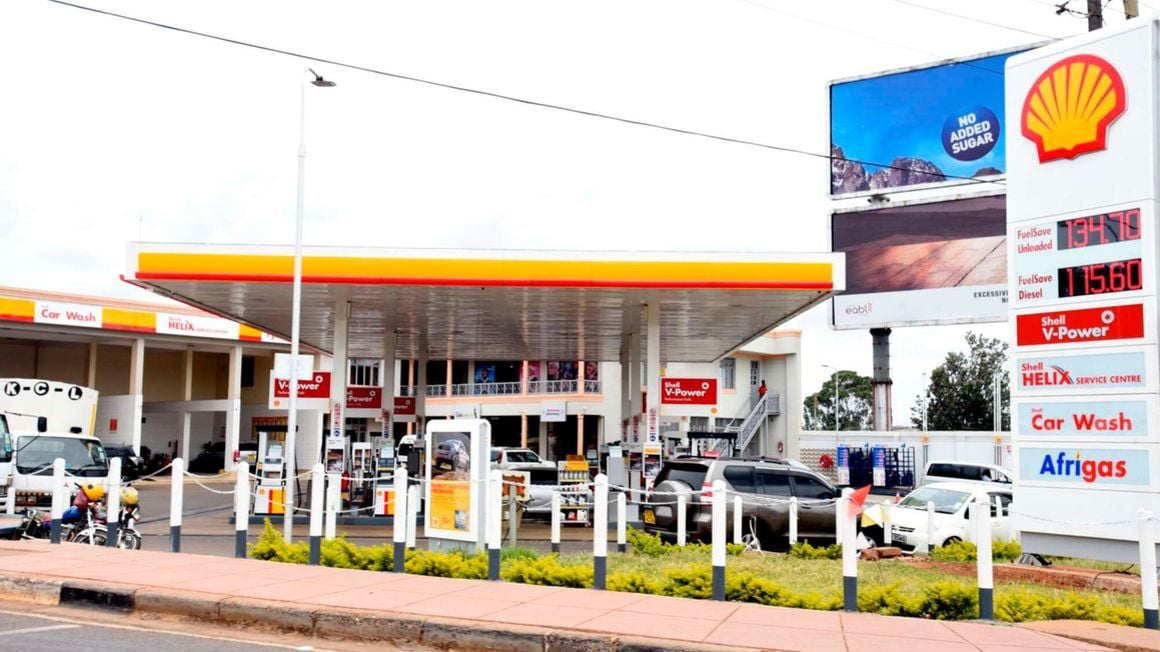Business
Vivo Energy Owes the State Sh21 Billion in Fuel Subsidies

The parent company of the oil marketer flagged the delayed payments after the government’s debt to Vivo Energy Kenya under the fuel stabilisation scheme increased five times to Sh21 billion ($167 million) in the year ended December.
Government receivables increased from Sh4.023 billion ($31 million) a year earlier, according to disclosures made by the parent company, Vivo Energy Limited, despite Treasury’s struggles to pay oil marketers for maintaining low pump prices.
In an effort to protect consumers from the negative effects of high fuel prices, particularly the high cost of living, Kenya began stabilizing pump prices in April 2021. Oil marketers kept the price of Super, diesel, and kerosene unchanged despite a rise in global prices.
But because the Treasury took longer than expected to pay the oil marketers, they ran out of money and had to borrow more money from banks to cover their operating costs and pay for cargo.
“Senegal and Kenya were identified as significant risk operating units relating to the recoverability of other government benefits receivable as described in the key audit matters,” Vivo Energy says in its latest annual report released on March 8.
Due to compensation delays, Vivo Energy Kenya may be one of the oil marketers that suffers the most from its Sh21 billion debt.
The Pump Prices Stabilization Scheme’s outstanding debt is estimated by oil marketers to be Sh50 billion, highlighting the program’s unfavourable effects. The program has since been discontinued.
A severe fuel shortage that struck Kenya in March and April of last year was a contributing factor in the government’s failure to promptly pay foreign and domestic oil marketers for maintaining low pump prices.
Following Vivo in terms of market share, Total Energies Marketing and Rubis have yet to disclose the State’s unpaid debts for the fuel stabilization program.
Even though revenue increased by 26.86 percent to Sh232.34 billion ($1,790 million) last year from Sh183.14 billion ($1,411 million) in 2021, the unpaid money hurt Vivo Energy Kenya’s books.
Following Morocco, Kenya continues to be the multinational’s second-largest market in Africa.
15% of the $10.9 billion in revenue the oil marketer generated from its operations in Africa last year came from the Kenyan market.
At the end of the review period, Vivo had 286 retail stations in Kenya and had sold 1.49 billion litres of fuel there.
The company is still eager to expand its reach and solidifies its local dominance ahead of Total Energies and Rubis—its two main competitors.











